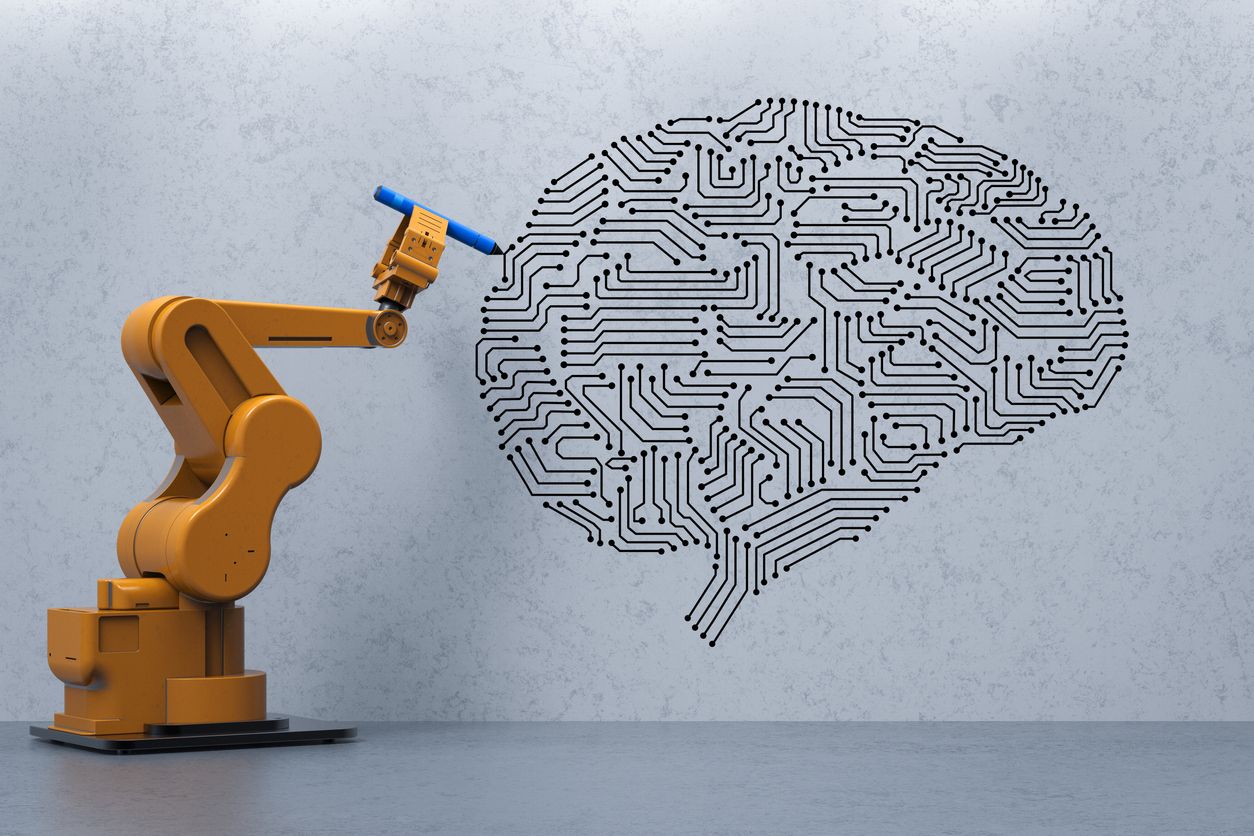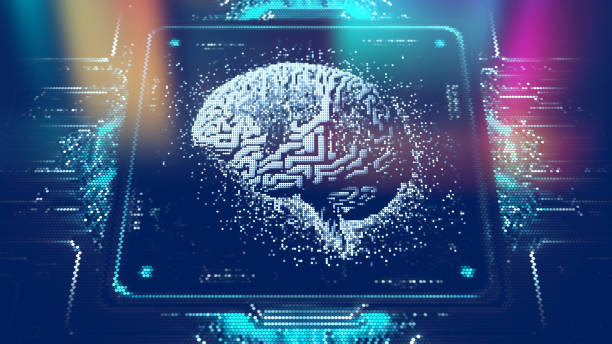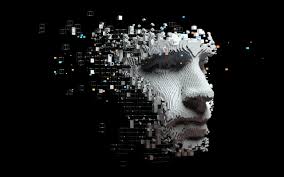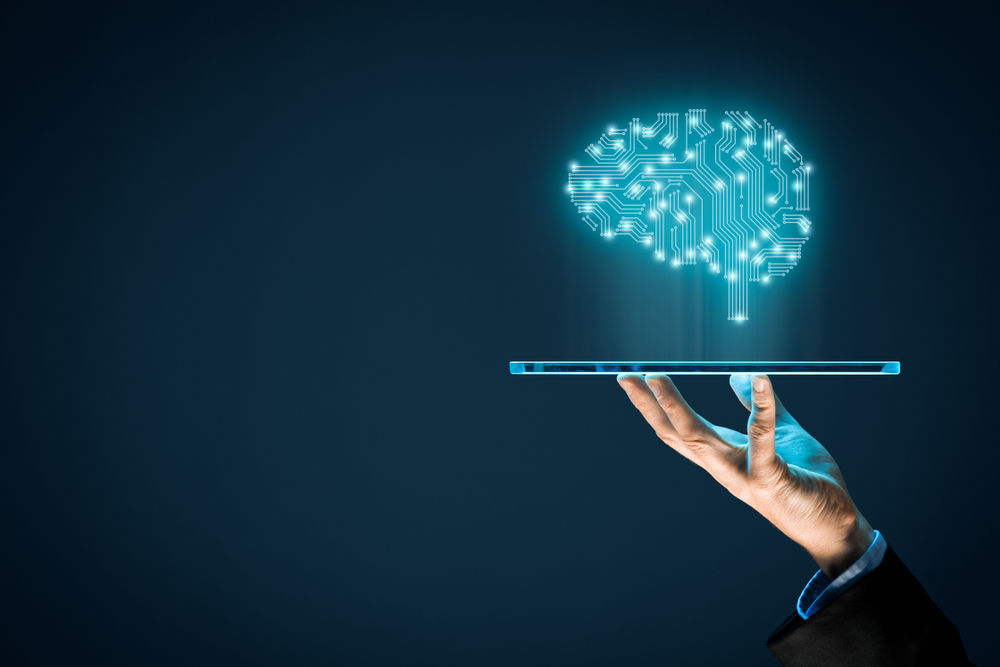As artificial intelligence (AI) becomes increasingly prevalent in our daily lives, the need for ethical considerations has never been more urgent. From autonomous vehicles to financial algorithms, AI has the potential to revolutionize industries and improve human life. However, without careful consideration of its ethical implications, this technology could also have devastating consequences. In this blog post, we delve into why ethical considerations are essential in the development and deployment of AI and explore some of the most pressing issues that require attention. Join us as we explore how to ensure that AI is developed and used in a responsible manner that benefits society as a whole!
What is Artificial Intelligence?
Artificial intelligence (AI) is a subset of machine learning that focuses on the creation of intelligent agents, which are systems that can reason, learn, and act autonomously. These systems can be used to solve problems or perform tasks that would otherwise be difficult or impossible for humans to do. To date, AI has been most successful in areas such as natural language processing and navigation.
While there are many applications for AI, ethical considerations are paramount. For example, if a company is using AI to automate some job functions, will those employees who lose their jobs due to automation be able to find new work? Will the company have an obligation to provide those employees with retraining or other assistance? If a computer system is trained using data from certain groups (e.g., people with low IQs), will those same systems end up discriminating against members of those groups?
As AI continues to evolve and become more widespread, it will require careful consideration of its ethical implications.
The History of Artificial Intelligence
Artificial Intelligence (AI) has been around for over a century and continues to evolve at an incredible rate. It is not hard to see why it has become a popular topic of research and discussion, as AI has the potential to dramatically change the way we live, work, and interact with each other.
AI began in the early days as simple computational processes that could be applied to tasks such as recognizing patterns or matching data sets. Today, AI can encompass a wide range of activities and capabilities. Some of the most common applications of AI include automated decision-making, natural language processing, computer vision, and gaming.
The rapid development of AI necessitates addressing several challenges to ensure its safe and ethical application. Key questions include determining who should decide how AI is used and understanding the societal impacts of processing vast amounts of data with automated systems. How do we ensure that people with disabilities are able to benefit from AI technologies?
As artificial intelligence continues to evolve and expand its reach into our everyday lives, it is important that we continue to ask these questions and explore potential ethical implications.
The Benefits of Artificial Intelligence
Artificial intelligence has the potential to improve many aspects of our lives, but it also raises important ethical questions. Some experts believe that artificial intelligence could eventually become guardian angels, monitoring and regulating our activities for our own good. Others worry that AI will take over many human jobs, leaving us completely dependent on machines. How should we decide which of these futuristic possibilities to embrace?
Some people argue that we should embrace the prospect of artificial guardian angels because they would help to protect us from harm. For example, a smart machine might be able to identify and prevent dangerous situations before they occur. This technology is still in development, but some experts believe it is only a matter of time before it becomes a reality.
What’s more for you?
Other advocates of artificial guardian angels believe that they could help us to better manage our own lives. For example, a machine might be able to recommend healthy foods or find new opportunities for leisure activities. Again, this technology is still in its infancy, but there is no doubt that it has the potential to revolutionize how we live our lives.
There are also benefits to embracing the possibility of artificial intelligence taking over many human jobs. For instance, machines are much more efficient than humans when it comes to certain tasks such as data entry or complex calculations. As AI continues to evolve and improve, it is likely that even more jobs will automate in the near future.
Ultimately, it is up to each individual to decide which aspects of artificial intelligence he or she wants to embrace. While there are many benefits to this technology, it is also important to be aware of the potential risks. As we continue to explore the possibilities of artificial intelligence, it will be important to weigh all of the pros and cons before making a decision.
The Risks of Artificial Intelligence
Artificial intelligence has the potential to automate many tasks and improve efficiency, but it also comes with risks. Developers must weigh the benefits of AI against its risks in order to create an ethical product.
One of the major concerns with artificial intelligence is its potential use for harmful purposes. For instance, someone could design a computer program to identify and exploit system vulnerabilities or target specific individuals. Similarly, anyone can create a malicious AI to sabotage systems or steal data.
The risk of accidental harm is another important factor to consider when developing AI. If creators do not consider potential consequences when developing a computer program, it could lead to serious damage. Unsupervised machine learning algorithms might result in unintended bias in decisions or inaccurate predictions.
Finally, there are potential risks with the misuse of AI by criminals and terrorists. Criminals could use AI technology to spy on their victims or plan attacks more effectively. Terrorists could use machine learning algorithms to develop new battlefield strategies or build bombs more quickly than human beings.
What are the ethical considerations with artificial intelligence?
Artificial intelligence poses a number of ethical considerations that you must consider when designing and using the technology. For example, it is possible for artificial intelligence to identify patterns in data that may inappropriately target individuals or groups or could lead to bias in decisions. Additionally, artificial intelligence can also categorize and judge people on a variety of dimensions that go beyond their personal experiences and beliefs. Therefore, it is necessary to develop AI technologies with transparency and accountability to prevent discrimination or other unjust practices.





